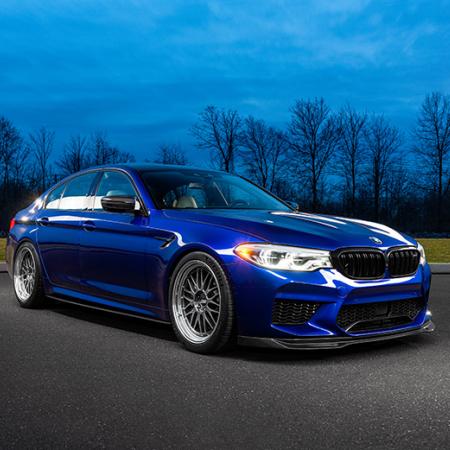BMW has announced that Christoph Stark, the 58-year-old chief of its China operations, will retire in the first quarter next year after helping boost the company's annual sales in the country 20-fold since 2004.
During Stark's eight years at the helm of BMW in China, the carmaker's annual sales surged from 15,500 cars in 2004 to more than 300,000 units expected this year.
In the first three quarters of 2012, BMWs sales grew by 33.5 percent year-on-year to 237,056 units, making China the company's biggest single market in the world.
Analysts said BMW's achievement during the period can be mainly attributed to Stark's efforts to push forward an all-round localization strategy in products, sales, marketing, communications and human resources.
Stark, who is able to speak Chinese fluently, told China Daily that his biggest achievement has been the formation of a "strong team" including young Chinese people in medium and high-level positions.
Analysts said the new CEO Engel should speed up the process of introducing new products and technologies to China to meet increasingly fierce competition.
Sales by Audi, currently the biggest luxury carmaker in the country, are set to top 400,000 units this year. Mercedes-Benz, newer arrival in local production, is expected to move about 200,000 cars in the market in 2012.
After he became CEO, Stark's first big move was to lower prices on the locally produced 3 Series and 5 Series, which not only increased sales, but also boosted the morale of dealers. He also participated in the development of the long-wheelbase 5 Series and 3 Series to cater to local customers' demands for roomy cars.
Stark also persuaded BMW to cooperate with Chinese partner Brilliance Auto to create an all-new brand at their joint venture in the northeastern city of Shenyang. The new brand will be unveiled next year and is expected to further expand the German carmaker's customer base.
Another important move was changing the image that BMW had as a car for the arrogant nouveau rich in China. Stark and his team created a successful campaign starting in 2010 by promoting the brand's global slogan "Joy is BMW" with the elegant Chinese character for yue, which means joy. The campaign, supplemented by a range of corporate social responsibility activities, formed positive emotional connection with Chinese consumers, said analysts.
In addition to the long-wheelbase 5 Series and 3 Series sedans, BMW also makes the X1 SUV in China. Its combined production capacity in the country is expected to surpass 300,000 vehicles a year. BMW has also built an engine plant with designed capacity of 200,000 units in Shenyang, the carmaker's first engine factory outside Germany. New facilities are under construction and are expected to double the company's engine production to 400,000 units in the city in 2015.
The nation's premium car market is expected to grow 23 percent to 1.19 million vehicles this year, according to market research firm LMC Automotive.The segment likely to have average annual growth of around 20 percent in the next three years and double in size to more than 2 million vehicles in 2015, the firm forecasts.
BMW Chairman Norbert Reithofer said prospects for the premium segment in China still look promising, although growth is expected to be slower.
"Our commitment to China remains strong and is assured," he said.









